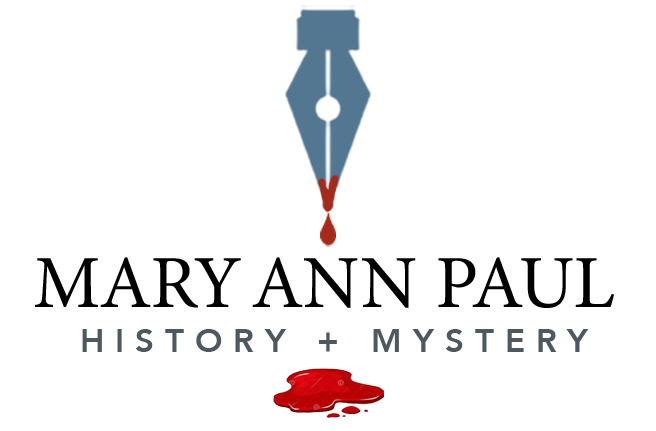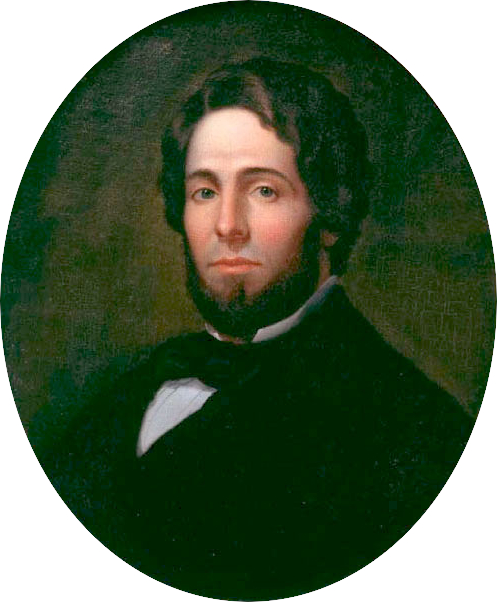Nestled in the heart of the Berkshires, October Mountain towers over Lenox, the setting for my book, with a quiet grandeur. Throughout my historic mystery, the mountain presides over the lives and secrets of my characters—and is a character in its own right. How did this iconic mountain earn such a poetic name? For that, we have Herman Melville to thank, along with his spirited literary feud with none other than Henry David Thoreau.
In 1853, Melville penned Cock-A-Doodle-Doo!, a short story written as a pointed response to Thoreau’s transcendental musings on nature and solitude. Thoreau had, famously, extolled the virtues of a minimalist life in many of his writings, notably A Week on the Concord and Merrimack Rivers. Melville, never one to let an intellectual challenge pass him by, countered with his tale of a poor farmer whose family wasted away as his cheerful rooster crowed. The story is equal parts satire and celebration, questioning Thoreau’s idealism while affirming Melville’s skepticism.
It’s within the pages of Cock-A-Doodle-Doo! that we find Melville’s christening of October Mountain. He wrote:
I had much ado finding the best road to the shanty. No one seemed to know where it was exactly. It lay in a very lonely part of the country, a densely-wooded mountain on one side (which I call October Mountain, on account of its bannered aspect in that month), and a thicketed swamp on the other, the railroad cutting the swamp.
That imagery—the bannered aspect of golden autumn—did not come from a faraway armchair. Melville knew the Berkshires intimately, having lived at Arrowhead, his Pittsfield home, where he wrote Moby-Dick, and walked the trails with his mentor, Nathaniel Hawthorne. October Mountain inspired his writing, and he, in turn, inscribed its name.
October Mountain is a place of vistas and beauty, where every trail could lead to revelation—or trouble, as my characters understand well.
Today, October Mountain stands as the largest state forest in Massachusetts, attracting hikers, campers, and leaf-peepers who find themselves drawn to the same awe-inspiring views that captivated Melville nearly two centuries ago. It’s a reminder of the Berkshires’ enduring power to beguile, whether you’re debating a transcendentalist, crafting a novel, or simply reconnecting with the natural world.
Read Melville’s Cock-A-Doodle-Doo! on Project Gutenberg: The Project Gutenberg eBook of The Apple-tree Table And Other Sketches, by Herman Melville
Not to be outdone, here is Thoreau’s A Week on the Concord and Merrimack Rivers, again courtesy of Project Gutenberg: The Project Gutenberg eBook of A Week on the Concord and Merrimack Rivers, by Henry David Thoreau

